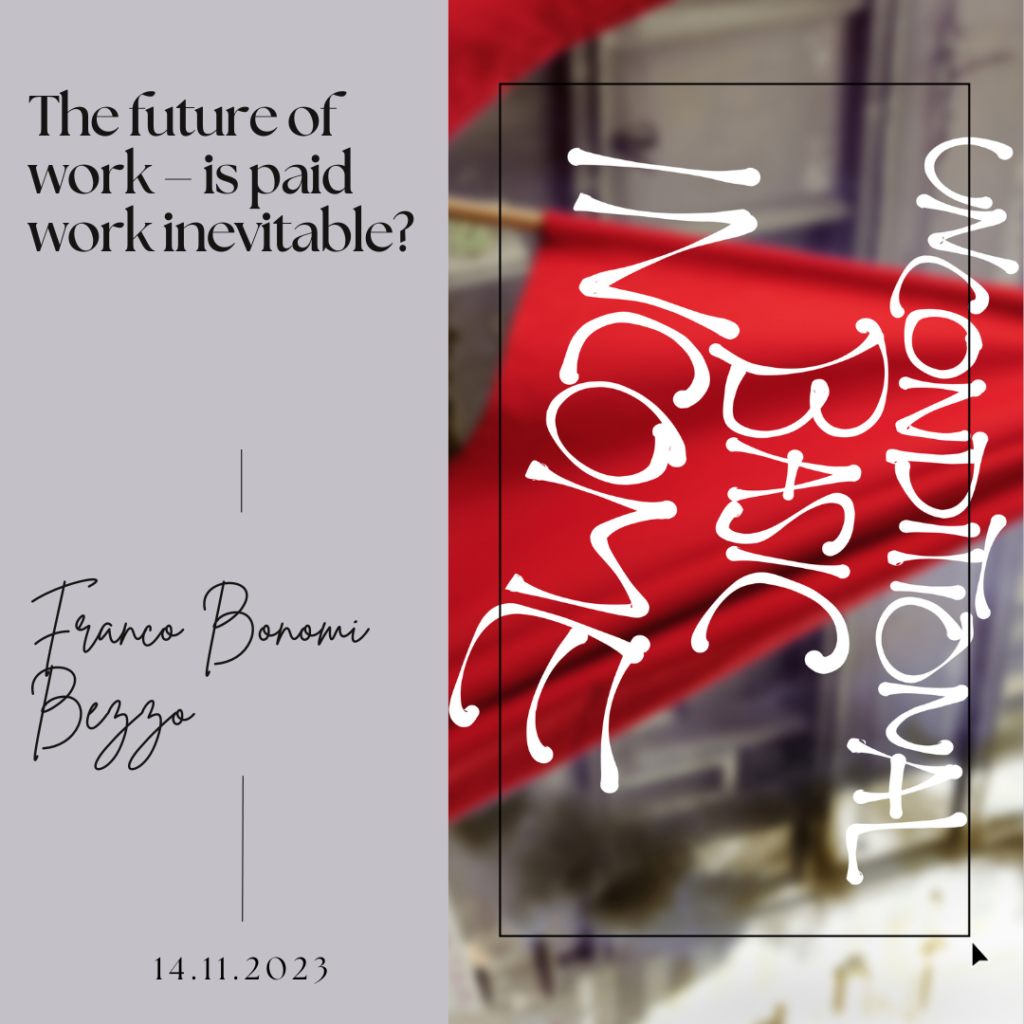The concept of paid work has been deeply ingrained in most societies for centuries. It has been the primary means of earning a living, accessing resources, and participating in economic systems. However, whether paid work is inevitable depends on the context and the evolution of societal values, norms, and structures.
With advancements in technology and automation, there have been discussions about the potential for a post-scarcity economy where basic needs can be met without traditional paid work. The idea of a universal income has gained traction as a way to provide individuals with a financial safety net but not always to free them from the necessity of traditional employment. This is because most societies still rely on a normative positive value associate to paid work. Is this inevitable? How can societies move forward?
Please, note:
- the total duration of the event is 1h (~50 mins lecture + 10mins Q&A)
- the talk doesn’t require any prior training and anyone can join
- This event will be recorded: the video will be available in 3-5 days after the talk
- Guests can access all videos at a small fee; videos for members are free of charge
- if you wish to become a member – please, learn about our membership plans
Sorry, this event has ended.
You can purchase the access to the video below.
Alternatively, please Become a Member
and enjoy all videos free of charge.
To register for new events, please, check our Schedule.

SPEAKER – FRANCO BONOMI BEZZO
Franco Bonomi Bezzo is a research fellow at La Statale, University of Milan, as part of the ERC DESPO project, which deals with the political and social changes that have occurred as a result of European de-industrialisation. Franco is affiliated with the National Centre for Demographic Studies in Paris (INED) and the Centre for Labour Market and Development Studies (SALDRU) at the University of Cape Town. Franco works mainly on i) intersectional approaches to the study of inequality; ii) spatial political sociology; iii) basic income models and post-employment scenarios; iv) global south






Leave a Reply